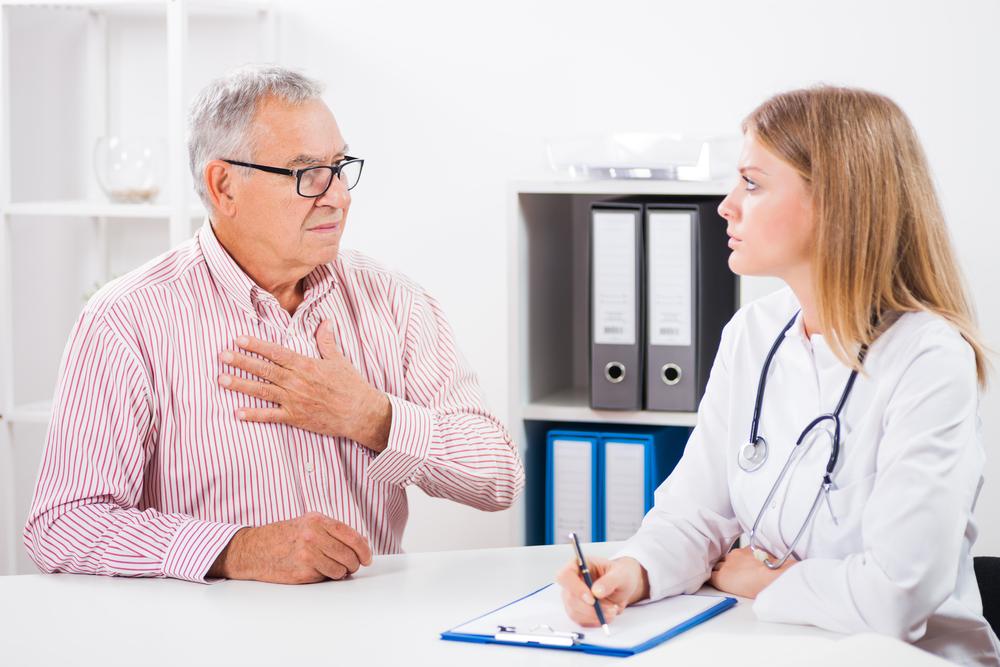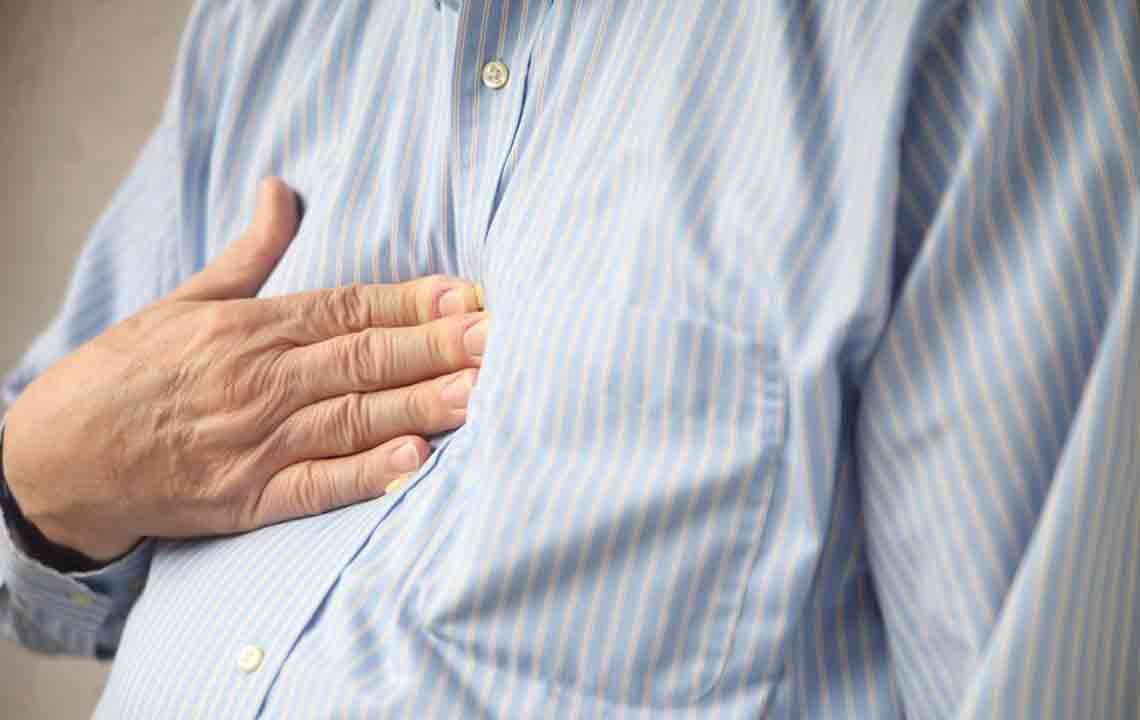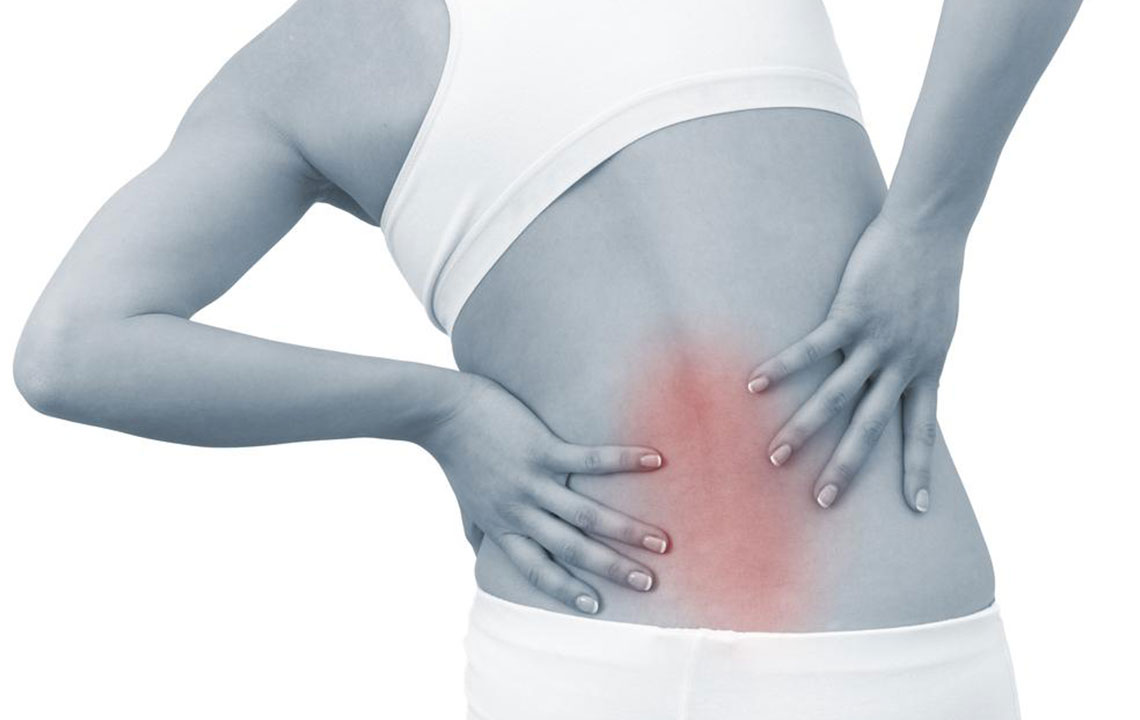Pain in the Right Side of the Chest – What Does it Mean
Pain in the Right Side of the chest – What Does it Mean and How Can it be Treated?
Are you experiencing pain in the right side of your chest? It can occur due to varied reasons. Usually, the right side chest pain is not related to the heart. A number of organs and tissues are placed in the chest. There may be some kind of inflammation or injury which is the underlying cause of this sensation of pain.

Right side chest pain is most likely due to:
- Muscle strain
- Infection
- Stress
- Anxiety
- Acid reflux
- Indigestion
- Cholecystitis
- Pancreatitis
- Pleurisy
- Pulmonary hypertension or embolism
- Pneumonia lung cancer
- Rib fracture
- Traumatic injury
Home remedies are an important feature of the effective treatment of minor right side chest pain . These remedies should only be used only if you have consulted a medical expert and the cause of the pain is identified, and it is not a serious condition. But if you are not sure regarding the cause and the pain persists, then you should avoid using home treatments and visit a medical professional as soon as possible.
Few home remedies to alleviate right side chest pain:
- Cold pack helps to reduce pain caused by strain from exercise
- Hot drink such as hibiscus tea helps to eliminate gas, improve digestion and lessen chest pain
- Drinking warm or cool water with baking soda helps to reduce the acid in the stomach
- Chewing the pieces of garlic with clove is an effective way to gain maximum relief from pain.
- Take aspirin or apple cider vinegar
- Lie down to alleviate pain
Sometimes, right side chest pain can be very severe. This can lead to complications if it is not treated properly. It is important to seek instant medical attention if you:
- Have inexplicable and sudden acute chest pain
- Are feeling pressure, or feeling of tightness in the chest
- Have acute pain shooting through the arms, back, neck, jaw, or the stomach
- Experience sudden attack of cold sweats
- Are feeling weak, dizzy or nauseatic
- Have difficulty in breathing
If you experience any of these symptoms, it can trigger serious life-threatening situation. Thus, it is important to seek urgent medical help as soon as possible.




